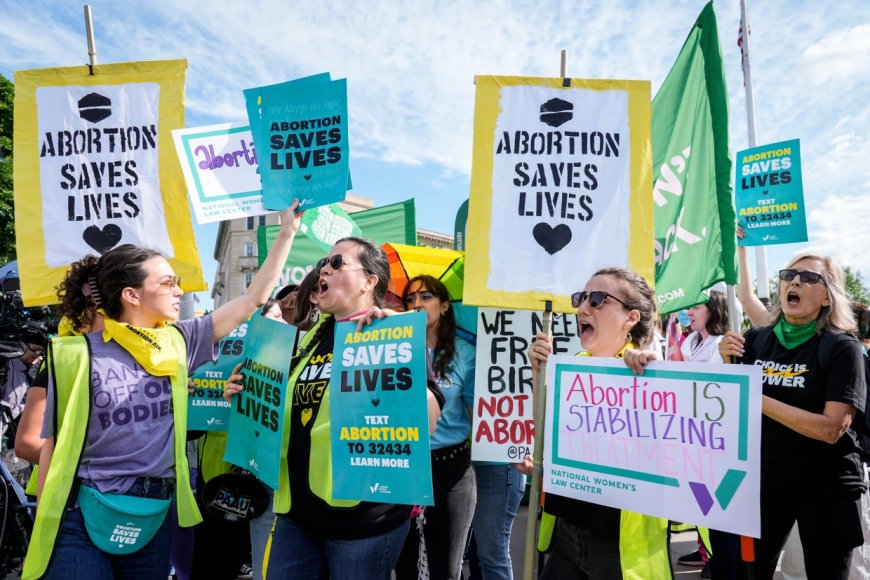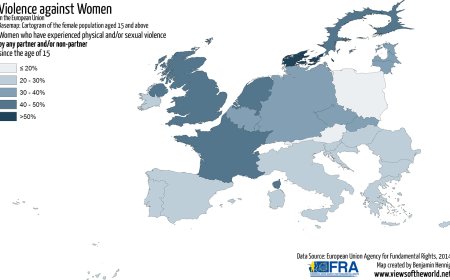Supreme Court to Rule on Key Abortion Cases Post-Roe v. Wade Overturn

The Supreme Court is poised to deliver rulings this month on two pivotal abortion cases, the first since the landmark decision to overturn Roe v. Wade in 2022. These cases could have profound implications on abortion access and state regulations nationwide.
Case 1: Mifepristone Restrictions The first case involves potential new restrictions on mifepristone, a widely used abortion pill. The court is considering whether to limit access to this medication, particularly focusing on the legality of obtaining it by mail. This case follows a high-profile ruling by a Texas federal judge last year, which sought to invalidate the FDA’s approval of mifepristone. The Supreme Court temporarily halted this ruling, and the case has since narrowed to specific access issues rather than the drug’s overall approval.
Case 2: Idaho’s Abortion Ban and EMTALA The second case examines whether Idaho’s near-total abortion ban conflicts with the federal Emergency Medical Treatment and Labor Act (EMTALA). EMTALA mandates that emergency rooms provide stabilizing treatment to all patients, including pregnant women. The Biden administration contends that Idaho’s restrictive law, which only allows abortions to save the life of the pregnant woman, does not meet EMTALA’s broader requirements to protect women's health in emergency situations.
Implications and Reactions The outcomes of these cases will test the court's willingness to further limit abortion access. Legal experts and advocates are closely watching, especially given the court’s current 6-3 conservative majority.
Rabia Muqaddam from the Center for Reproductive Rights noted the significant impact of the Dobbs v. Jackson Women’s Health Organization decision, which catalyzed numerous state-level abortion restrictions. She expressed concerns that fringe theories have gained traction, influencing major judicial decisions.
Jim Campbell, representing anti-abortion interests for the Alliance Defending Freedom, argues that the federal government is overreaching by interfering with state pro-life laws. He sees the court’s review as a necessary check on federal power post-Roe.
Anticipated Outcomes Oral arguments suggest that the anti-abortion stance may not prevail in the mifepristone case, potentially leaving current access rules intact. However, the Idaho case presents a more complex challenge, with possible broader implications if the court supports the state’s restrictive laws.
If Idaho's law is upheld, it could set a precedent affecting other states with similar abortion bans that lack health exceptions. This would significantly impact the legal landscape for abortion access across the United States.
Upcoming Decisions Rulings are expected by the end of the Supreme Court’s term in June. These decisions will not only influence abortion rights but also reflect the court’s stance on state versus federal authority in regulating health care and reproductive rights. The next ruling day is Thursday, adding to the anticipation surrounding these critical cases.












































